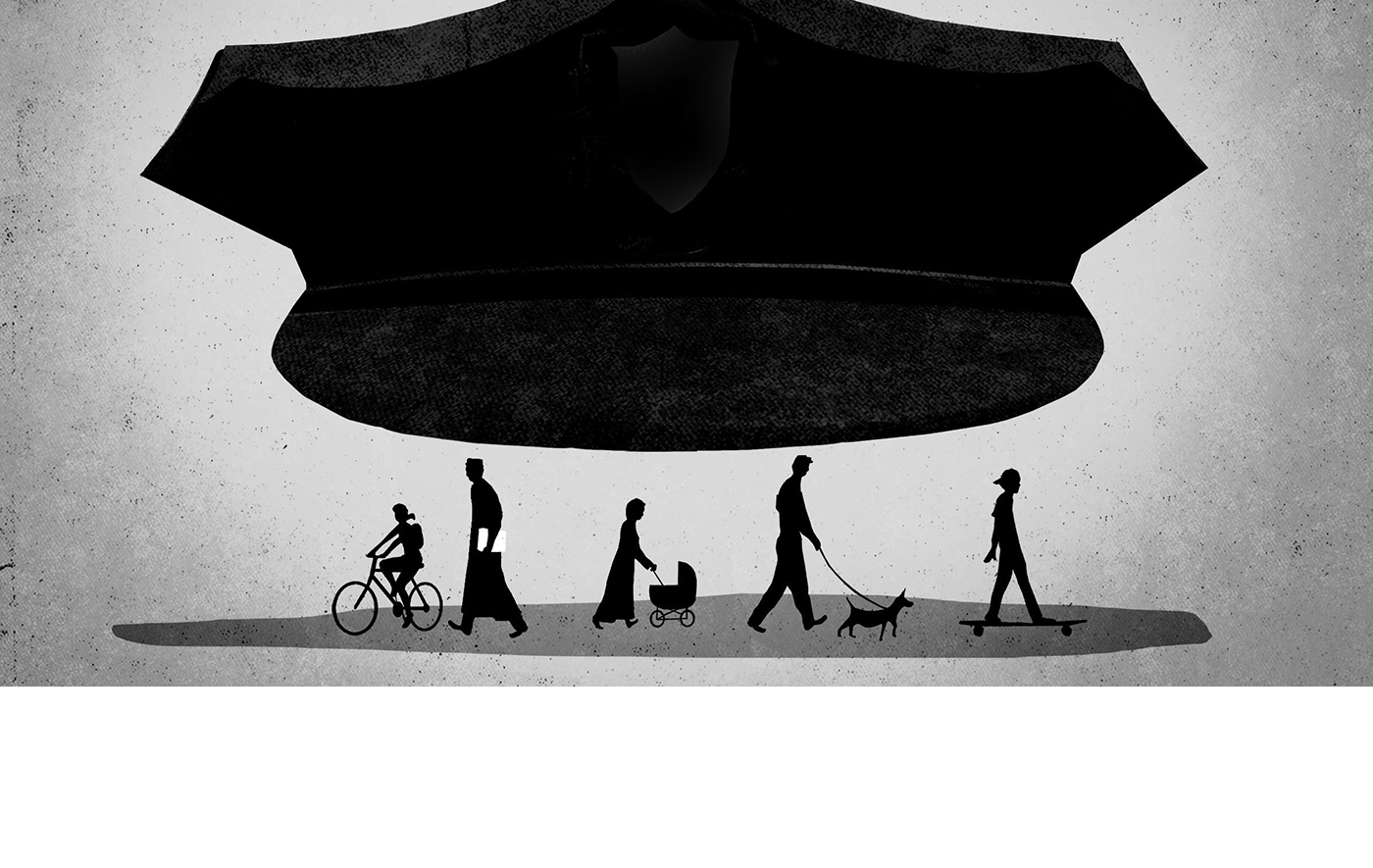Despite reforms to address chronic deficiencies, Greece’s broken asylum and reception system deteriorated. While the numbers of arrivals by sea fell after the EU-Turkey deal, border closures along the Balkans route preventing asylum seekers from leaving, limited solidarity from other EU governments and ongoing arrivals by sea left more than 60,000 asylum seekers and migrants stranded in the country.
Thousands who arrived after the EU-Turkey deal were restricted to islands in the Aegean, often in closed facilities, while tens of thousands face abysmal conditions across the country. By mid-November, only 5,654 asylum seekers had been relocated from Greece to other EU countries, out of the 66,400 initially planned, even as the European Commission pressed Greece to start accepting returns of asylum seekers who transited the country under the Dublin regulation.
A Greek law adopted in April to facilitate implementation of the EU-Turkey deal allows for expedited examination of the admissibility of asylum claims in order to determine whether asylum seekers can be safely returned to Turkey to be provided temporary protection or to have the merits of their claims assessed there. At time of writing, only 12 asylum seekers have had their cases ruled inadmissible following an appeal, but none of them had been deported to Turkey. At least one Syrian is challenging the decision at Greece's highest court, the Council of State.
More than 700 people were removed to Turkey under the deal after their claims were considered in Greece under a fast-track border procedure and rejected on the merits or because they did not file an asylum claim or agreed to return voluntarily.
Most asylum seekers entering Greece came through the Aegean islands, and were processed in EU-mandated asylum centers known as hotspots. More than 16,000 asylum seekers and migrants staying in the islands’ hotspots face appalling detention and reception conditions, including severe overcrowding, significant shortages of basic shelter and unsanitary, unhygienic conditions. Women, children and people with disabilities are particularly affected.
Long lines for poor quality food, mismanagement, and lack of information contributed to a chaotic and volatile atmosphere. Fights occurred on a frequent basis, particularly in the food lines, at times with no police intervention, while women and girls were exposed to sexual harassment and violence.
Greek authorities drew criticism over their failure to put systems in place that would allow the full disbursement of EU assistance to improve reception conditions.
An estimated 4,370 unaccompanied migrant children entered Greece during the year, according to the National Center for Social Solidarity (EKKA). Unaccompanied migrant and asylum seeking children were often detained in police cells or closed facilities in the islands, due to the lack of adequate shelter accommodations. At time of writing, an estimated 1,610 were waiting to be placed in a dedicated facility.
A large-scale asylum pre-registration process between June and July aimed to improve access to asylum and speed-up relocation, benefitting 27,592 asylum seekers. Despite these efforts, access to asylum remained difficult and subject to delay.
Civil society groups reported an increase in attacks and intimidation of asylum seekers and migrants on the islands and in the mainland in the second half of the year, and an inadequate police response. In a March landmark ruling, the ECtHR criticized Greece for failing adequately to investigate a racist attack against an Afghan national in 2009.
In September, Council of Europe Commissioner for Human Rights Muižnieks urged Greece to protect the human rights of persons with intellectual and psychosocial disabilities and move them out of institutions into the community. Children with disabilities were removed from an institution in Lechaina notorious for abusive practices, but in some cases transferred to other institutions rather than into community-based care.





